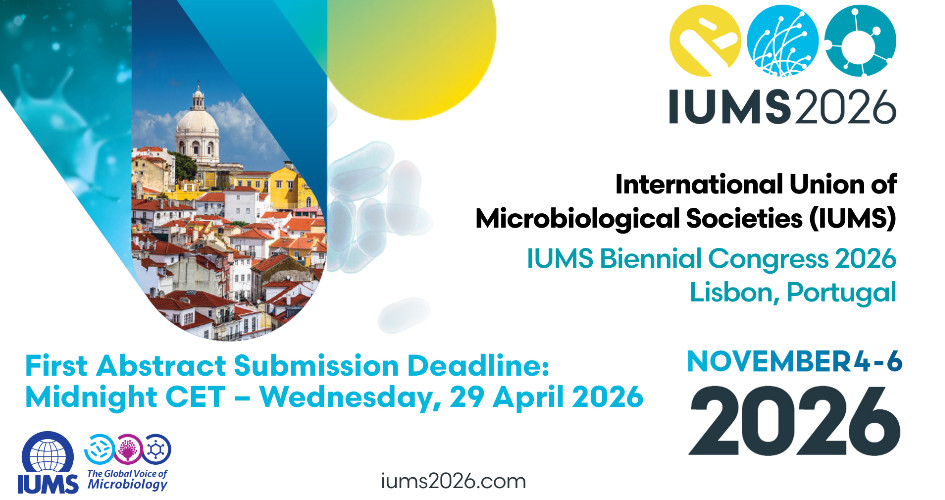
First Abstract Submission Deadline: Midnight CET – Wednesday, 29 April 2026 Don’t miss the opportunity to contribute to the scientific program of the IUMS Congress 2026 by submitting your abstract. Researchers, clinicians, and professionals working across all areas of the microbiological sciences-including Bacteriology and Applied Microbiology, Virology, Mycology, and Eukaryotic Microbiology-are warml...
Read More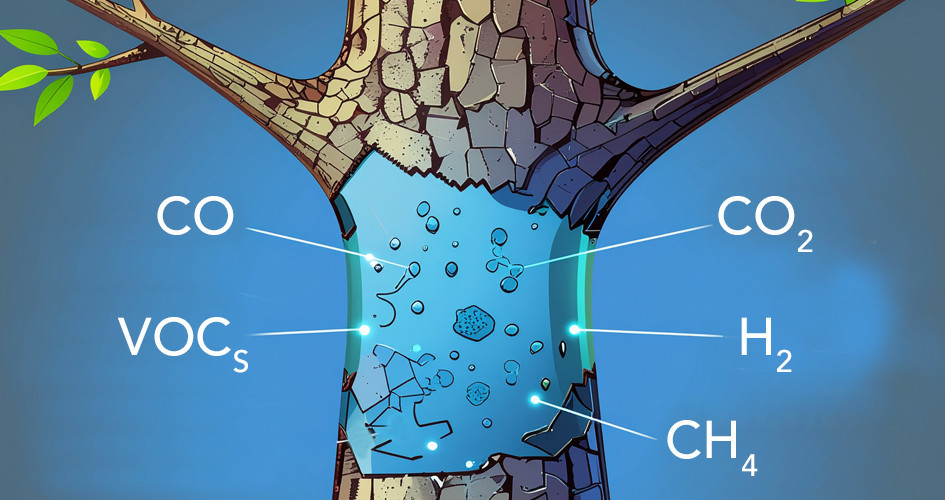
Article published on Science.org A paper and a perspective published in the January 8th issue of Science report that microbial communities present in the bark of trees (there are over 6 trillion bacteria per square meter of bark), consume CH4, H2, and CO aerobically at rates comparable to those of soils. Since the bark of trees global surface area is of ~143 million km2, almost as large as the global l...
Read More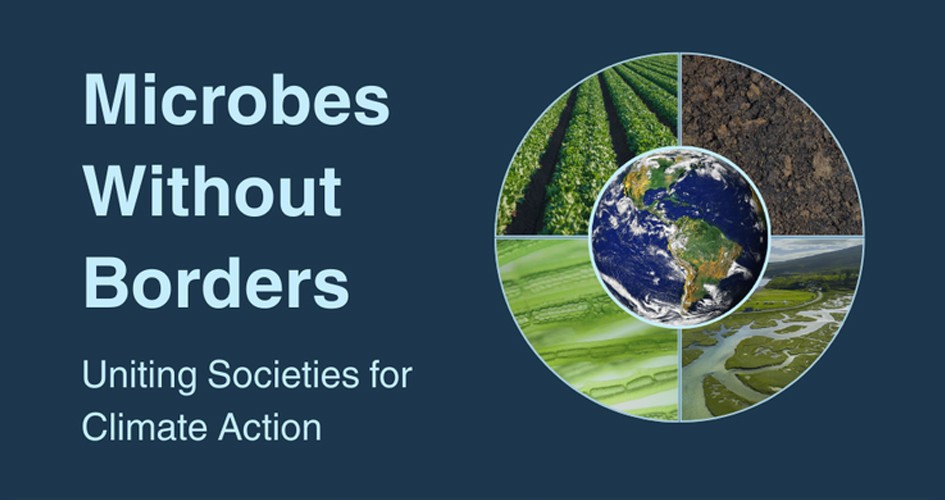
Published across 6 leading scientific journals, the strategy charts a path to integrate microbial science into global climate solutions. Embargoed Until: 11:00 am ET, Tuesday, September 23, 2025 Washington, D.C. – In a bold step toward climate action, leading microbiology societies and organizations have unveiled their first joint global strategy to harness the power of microbial science in addressing t...
Read More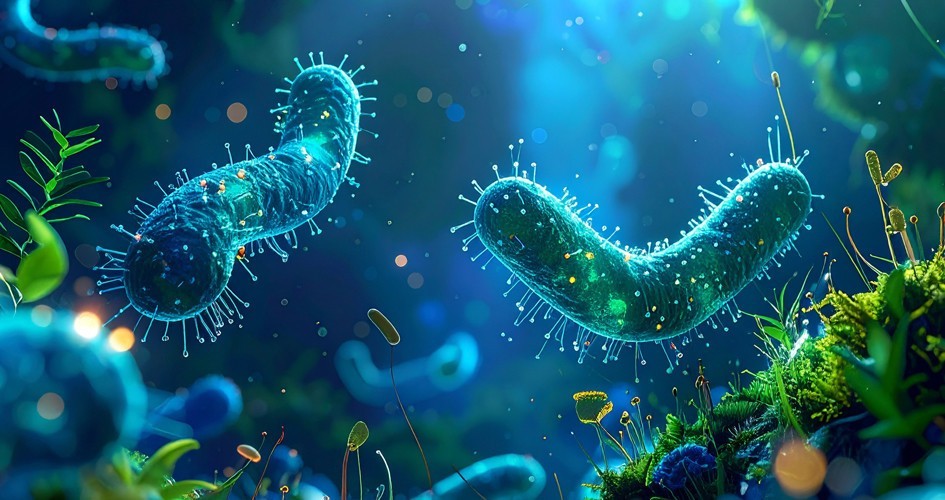
Article published on the Monash University website Key points Microbes dominate biodiversity and are critical for society A new international body aims to safeguard them Monash expert says microbes must be conserved, just like plants and animals A new global body will promote the conservation of microbes, which it argues are as important to the Earth’s biodiversity as plants, animals and people. ...
Read More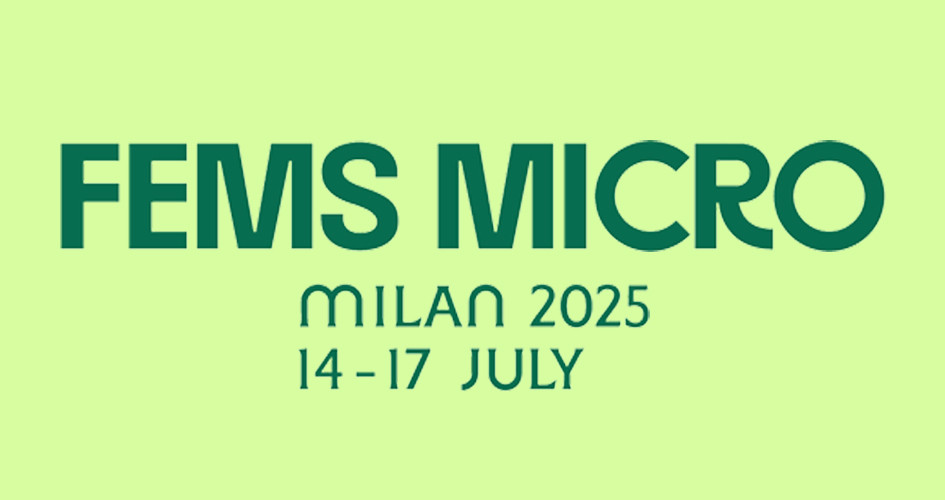
At the FEMS Micro 2025 conference, the International Union of Microbiological Societies (IUMS) presented a poster highlighting its global mission and recent initiatives aimed at addressing some of the planet’s most pressing challenges through microbiology. As the global voice of microbiology, IUMS unites regional and national microbiological societies to raise awareness of the critical role microbes play...
Read More
Building on the initial project led by ASM & IUMS, the leaders of microbiology societies around the world met at the ASM Headquarters in Washington, DC, in May 2025 to develop a global strategy to tackle climate change. The effort was highlighted at the panel at the FEMS Congress on July 15th, 2025. Further information will be released in the Fall 2025. Useful links: Report on “Microbial Solutions for C...
Read More